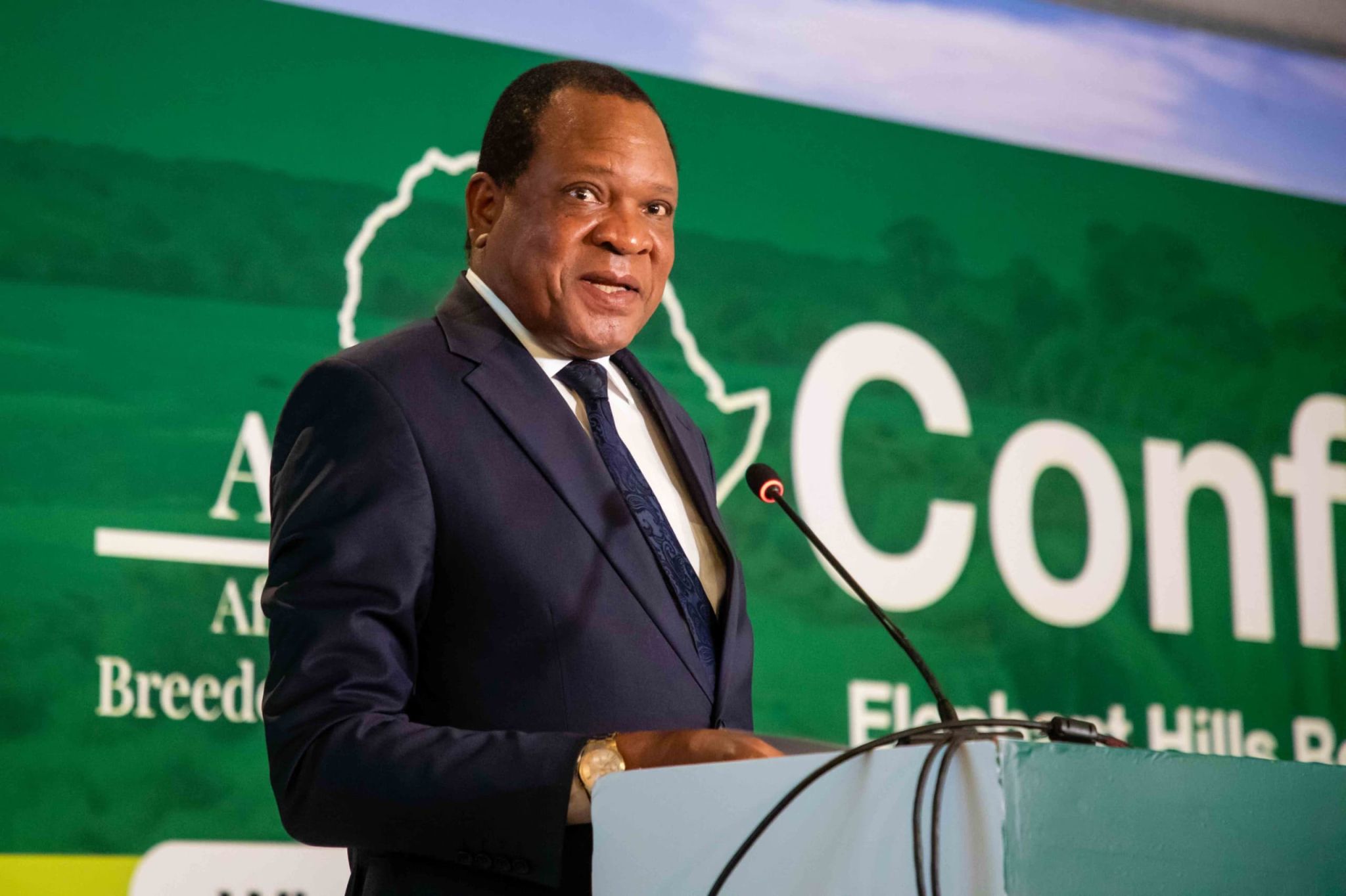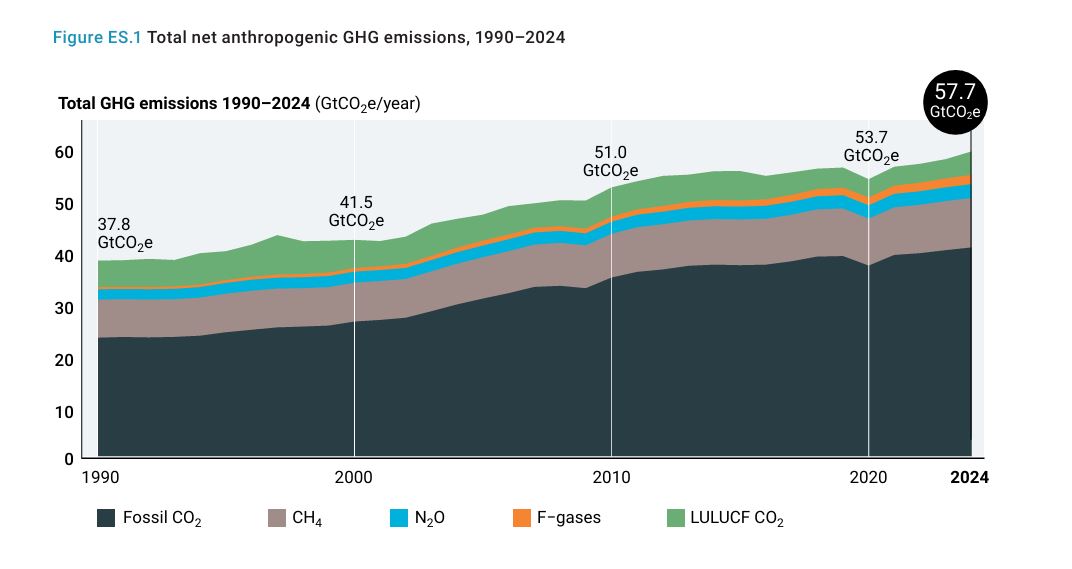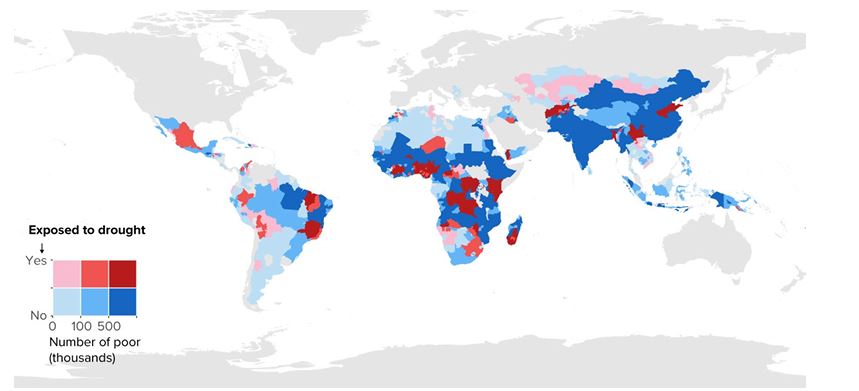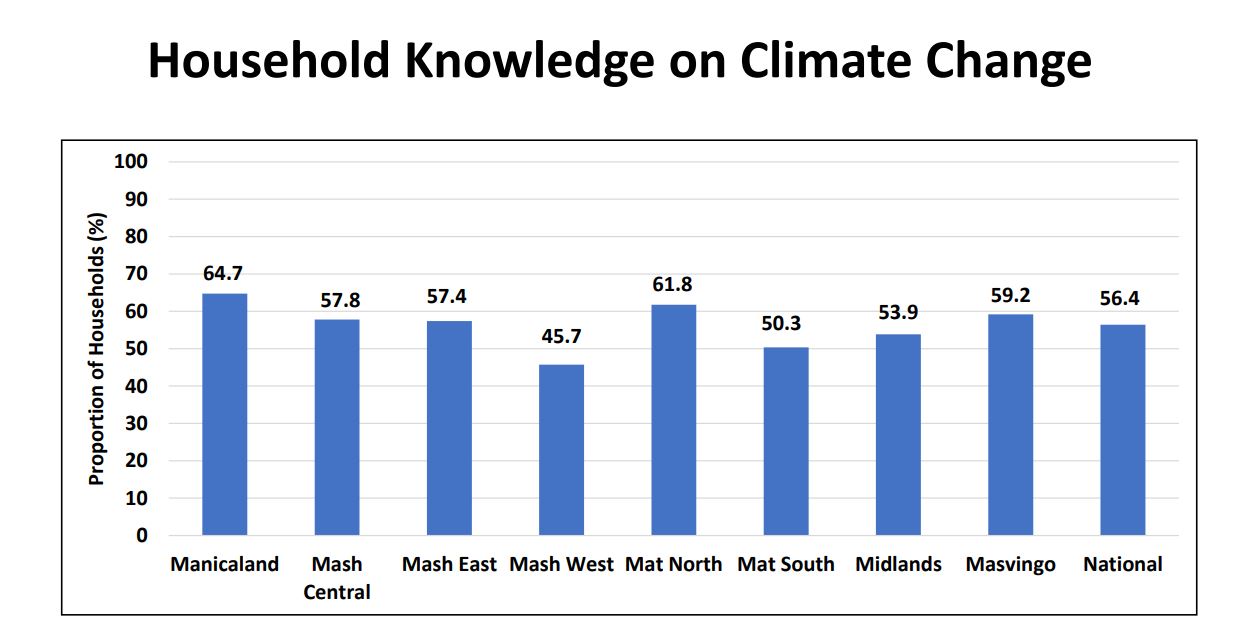The Minister of Agriculture, Anxious Masuka, says Zimbabwe is targeting 100% adoption of the Pfumvudza/Intwasa programme in the 2026 farming season to combat climate change impacts.
The Pfumvudza/Intwasa programme uses conservation agriculture (planting basins, mulching) to ensure long-term, sustainable food security, even amid extreme weather.
Speaking at the official opening of the 4th African Plant Breeders Association Conference in Victoria Falls, Masuka said conservative climate models predict a potential 33% reduction in yield for rain-fed maize production, Zimbabwe’s staple crop by 2050.
He said Zimbabwe, through its Agriculture, Food Systems and Rural Transformation Strategy, is focusing on climate-smart agriculture, which includes the Pfumvudza/Intwasa, agro-ecological tailoring of crops and a drive for irrigation expansion.
“The wholesome adoption of these practices aims to have 100% adoption of Pfumvudza/Intwasa in the 2026 season and increase the area under irrigation from 175 000 hectares in 2020 to 496 000 hectares by 2030,” Masuka said.
The Minister highlighted that Zimbabwe, like several Southern African countries, is predicted to become drier in the decades ahead.
“Climate change is real. We see this manifested as more frequent droughts, extreme heat and floods,” he said.
Masuka said agro-ecological tailoring of crops must be preceded by robust breeding and crop improvement techniques.
The conference is held under the theme “Winning the Race Against Food Insecurity, Malnutrition, and Climate Change”, as climate change is already manifesting in more frequent droughts, extreme heat, and floods across the continent.
President of the African Plant Breeders Association (APBA), Julia Sibiya, described the conference theme not just as a statement-but a mission.
“This is not merely a conference theme, it is our collective mission. It speaks to our shared responsibility to shape Africa’s agricultural future through science, innovation, and collaboration,” said Sibiya.
She celebrated APBA’s remarkable journey — from a visionary idea in 2012 to a continental movement of over 500 scientists from 58 countries, driving research, capacity building, and policy influence across Africa.
“…we see this as the beginning of a new chapter — one where you do not just cheer our scientists from the sidelines, but run alongside us in this race against hunger, malnutrition, and climate change. Together, we can, and we will, win the race,” she said.
Discover more from CLIMATE BRIEF
Subscribe to get the latest posts sent to your email.




